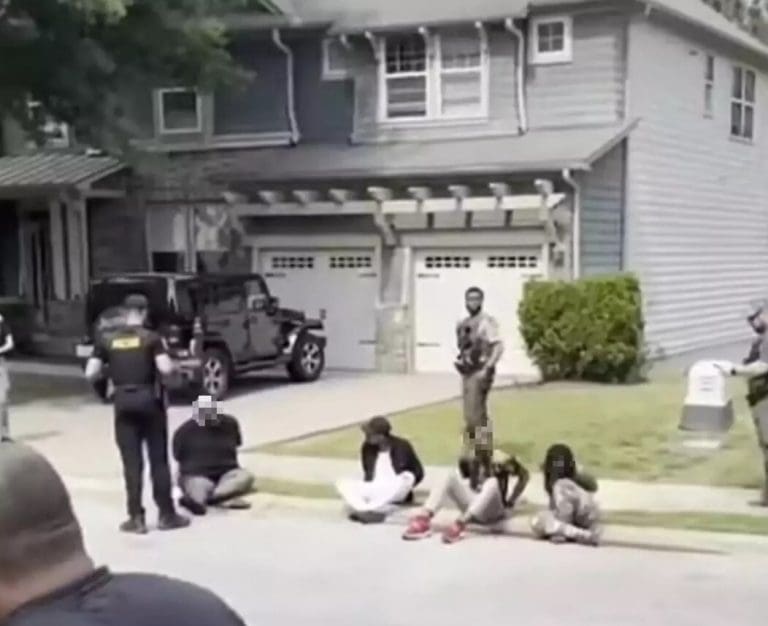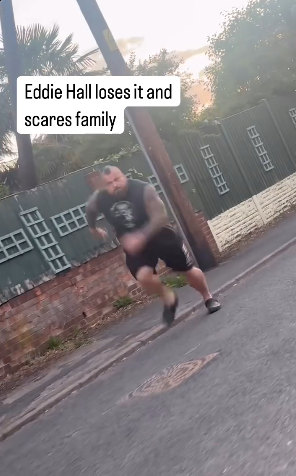In South Fulton, Georgia, a group of six people was arrested for squatting in a half-million-dollar mansion after they made a critical mistake that led to their discovery. The squatters had been living undetected in the property at 4300 Caveat Court for about five months until they decided to steal a neighbor’s car. The car theft backfired when they returned it to the neighborhood, leading to their arrest by local police.
The squatters had integrated themselves into the community to some extent, with reports indicating that the apparent ringleader was seen regularly walking his dog and interacting politely with neighbors. However, their facade crumbled when they used the stolen car, which the police found parked in the yard behind the house, effectively connecting the squatters to the theft.
The arrests have sparked discussions within the community and among local officials about the challenges of dealing with squatters and the need for stricter laws. In response, Georgia Governor Brian Kemp recently signed the Georgia Squatter Reform Act, which aims to clarify and enforce property rights more rigorously. This new law defines squatting as residing on someone else’s property without consent and establishes a protocol for proving consent within three days, failing which the squatters could face criminal trespass charges, significant fines, or even jail time.
This incident highlights the ongoing issues with squatters in residential areas and reflects a broader societal challenge of managing and protecting private property rights while addressing the complexities surrounding unoccupied homes and homelessness.




